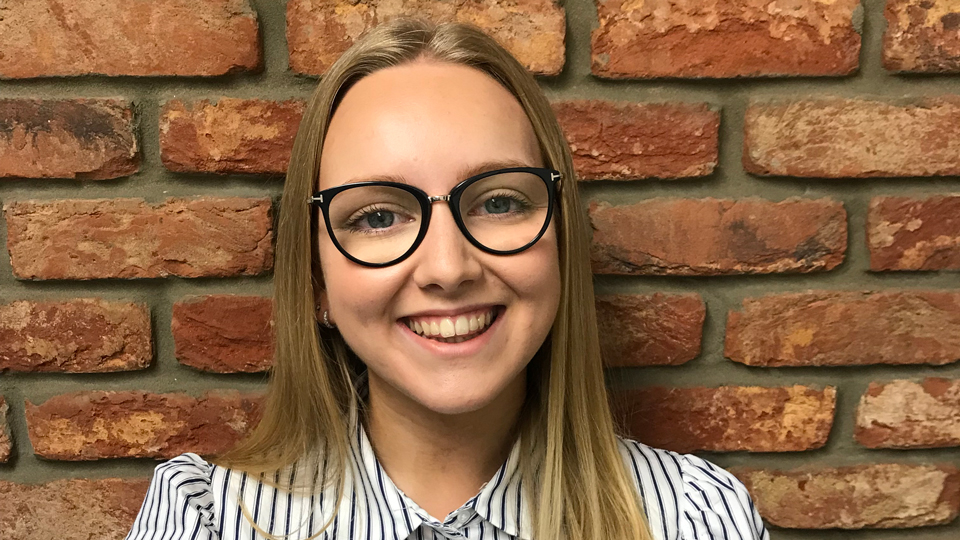- OT
- Life in practice
- Career development
- “Ask questions, no matter how big or small”
Pre-reg focus
“Ask questions, no matter how big or small”
Manchester Royal Eye Hospital pre-reg optometrist, Thaksha Sritharan, on how stepping out of the hospital and into community practice widened her understanding of the patient journey

I’m more than halfway through my pre-registration now – time is really flying by. I have completed Stage 1, and I have my Stage 2 assessments fast approaching.
Biggest learnings
I’ve learnt that your pre-registration experience often depends on the initiative you take with your learning, so take every opportunity to learn. Ask questions, no matter how big or small. At the end of the day, you are a trainee and you are expected to have questions. Don’t be afraid to ask for help.A key tool I found helpful during Stage 1 was my logbook. Entering as much information as you can about patient encounters really helps you to find records for competencies and even back-up records if need be.
There are lots of webinars available on the College of Optometrists’ website and via the AOP, and although some topics may seem advanced, as a pre-reg you can still take away key points. Don’t dismiss a webinar just because you feel the topic is too advanced or out of your reach.
Embracing complexity
As mentioned before, don’t shy away from complex patients. I found I’ve learnt the most from these scenarios, and the hospital provides many opportunities that challenge you in a positive way. During Stage 1, I came across and refracted a patient with a-38.00 prescription. If someone told me I would be doing that when I first started my training, I wouldn’t have believed them. Always believe in yourself and your ability. I’m really starting to find more confidence in my training and how far I’ve come.
With how quickly time flies, over the next few months, I hope to work towards the goal of finishing the remaining exams I have, such as Stage 2 and the objective structured clinical examinations (OSCEs). I want to be prepared to not only pass my assessments but to overall become a better optometrist for my patients, and to give them the best quality of care.
Once qualifying, the next step is thinking about transitioning into becoming a newly qualified optometrist – and I’m sure that will be an entirely separate journey on its own.
Holly says…

My biggest priority at the moment is… passing my Stage 2 assessment. I have just sat this for the first time, and I am awaiting the results. My focus is passing this and then looking towards the coming months and preparing myself for the OSCE. I am also concentrating on continuing to build my patient base, so I can give my patients continuity of care after my pre-reg.
When I am qualified, I want to… continue my work at Urquhart. We have more specialised clinics being introduced this year and I am interested in being involved in these, for example myopia management. Further down the line I would like to study for the independent prescribing qualification. I also look forward to running clinics on my own and being able to have more independent decision making when I have completed my pre-reg year.
Holly Leitch is a pre-reg optometrist at Urquhart Opticians, part of the Hakim Group, in Kilmarnock



Comments (0)
You must be logged in to join the discussion. Log in